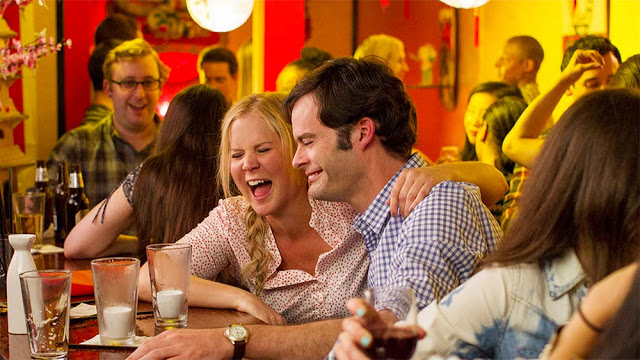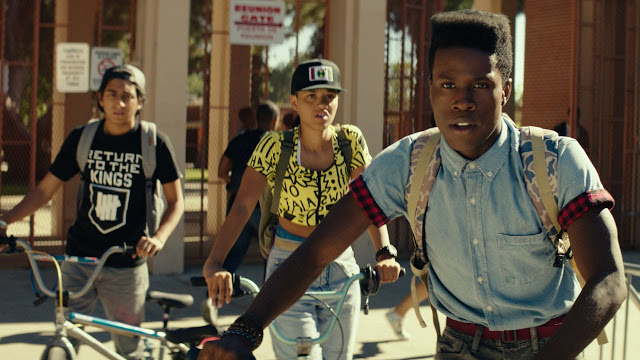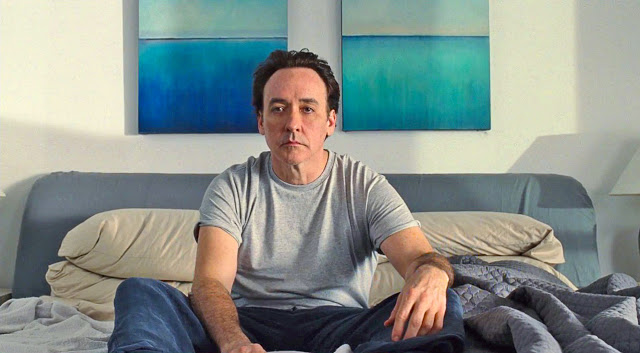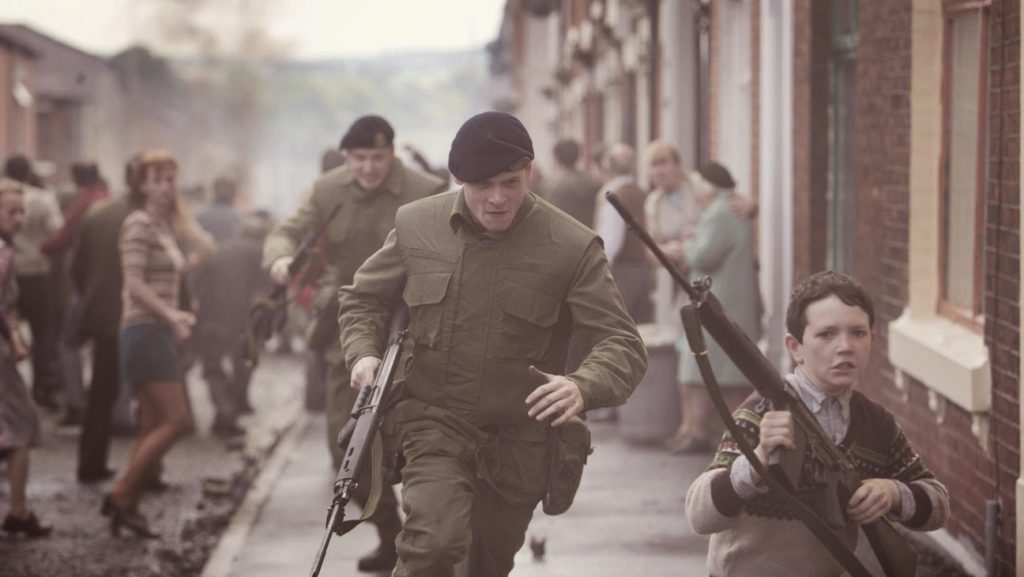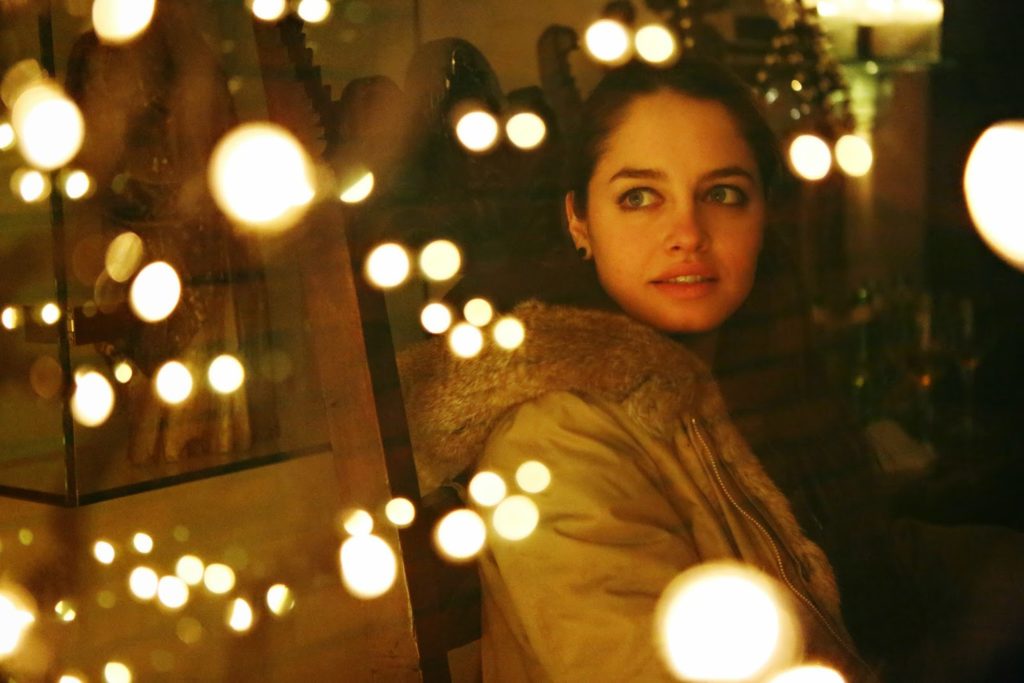Trainwreck: She’s a Downtown Girl, Living in a Man’s World
They may both tower over the modern comedy world, but Judd Apatow and Amy Schumer aren’t very much alike. Apatow’s works, particularly The 40-Year-Old Virgin and Knocked Up, are best known for the overgrown man-children at their center, but they’re also curiously wholesome and sweet. He relies heavily on crudity and profanity, but he does so in the service of a romantic ideal—the notion that love can conquer all obstacles and generate true happiness—that is pure, cornball formula. But Schumer is a deconstructionist. She has ascended to the apex of the comedy landscape precisely because of the way she obliterates formula, exposing stereotypes and upheaving convention. Trainwreck, which Apatow directed from a script written by Schumer, is the funny, fascinating, and somewhat frustrating attempt to reconcile these two disparate voices into a unified song. Like its protagonist, it is often at war with itself. And, like its protagonist, it is vulgar, confused, warmhearted, and generally a hoot to hang out with.
Schumer plays Amy (in case you doubted the story’s autobiographical bona fides), an unapologetically promiscuous boozehound whom one might call a slut or a female stud, depending on one’s level of sexism or enlightenment. The idea that women can be funny, frisky, and lewd should hardly have been a revelation in 2011, but it was novel enough to turn Bridesmaids (which Apatow produced) from a well-made, modest comedy into an outright phenomenon. Now, Trainwreck extends that sense of gender liberation to the bedroom. That’s where we first meet Amy, tumbling between the sheets with an anonymous schmo, extracting pleasure from him before feigning sleep to avoid the obligation to reciprocate. “Don’t judge me, fuckers,” she admonishes via voiceover. It’s an odd plea, given that she spends most of the movie judging herself. Read More

